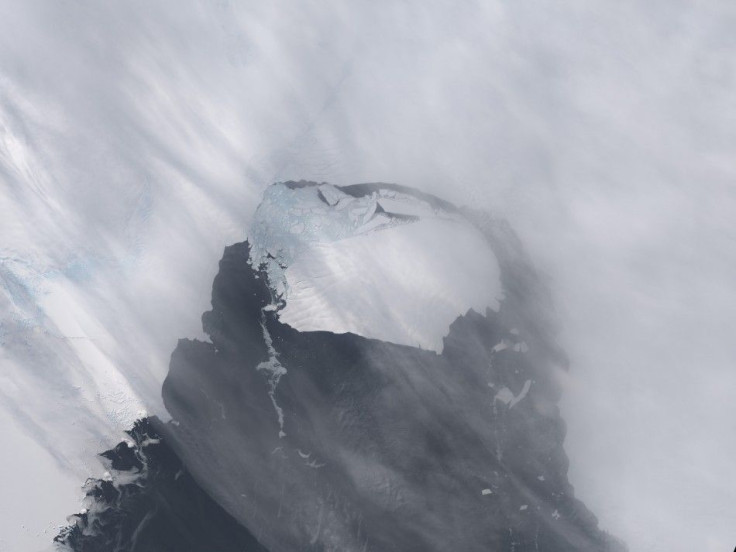Antarctic Ice sheet collapses - Two New Studies Conclude Possible Outcome

Glaciers from the West Antarctic Ice Sheet pose a grave threat to global sea levels as it recently started an irreversible state, two new studies show. Scientists say the recent melting of the Thwaites glacier was faster than they anticipated.
The inevitable outcome for ice sheets to completely collapse won't be happening soon, according to the new recent studies. The event in Thwaites had been observed for a long time already. Twenty years earlier, it was projected that the weak underbelly of the western Antarctic ice sheet is going to drain and cause a threat to global sea levels -- which now has started.
The NASA study, which had been closely watching the west Antarctica ice sheet for 40 years through ground, plane, and satellite data, showed that the melt is happening at a faster rate. "It's likely because of man-made global warming and the ozone hole which have changed the Antarctic winds and warmed the water that eats away at the feet of the ice," NASA researchers said Monday, reported Huffington Post.
The NASA study also says that Thwaites, together with other glaciers in Antarctica's western region are already contributors to the global sea level rise in the past years. It is not the first time that these glaciers have posed a major threat.
The University of Washington study has similar conclusions about the impending melt down of the western Antarctic ice sheet. Researchers used airborne radar and computer modeling technologies to measure the possible exact timeline of the event.
The University of Washington researchers said that the Thwaites glacier will completely drain in to the sea within the next 200 years. The loss of this glacier will raise global sea levels to 4 feet. Following that event, it will cause a chain reaction in its neighboring western ice sheet glaciers that will further increase sea levels to 15 feet.
Both studies came to complementing conclusions -- that the melt down of the west Antarctic ice sheet already started and cannot be reversed, worsened by the warm ocean water seeping underneath the grounding line of the glaciers. Researchers of both studies concluded that an immediate cut to greenhouse gas emissions and other anti-global warming actions will not stop the melting process, but will at least slow it.





















